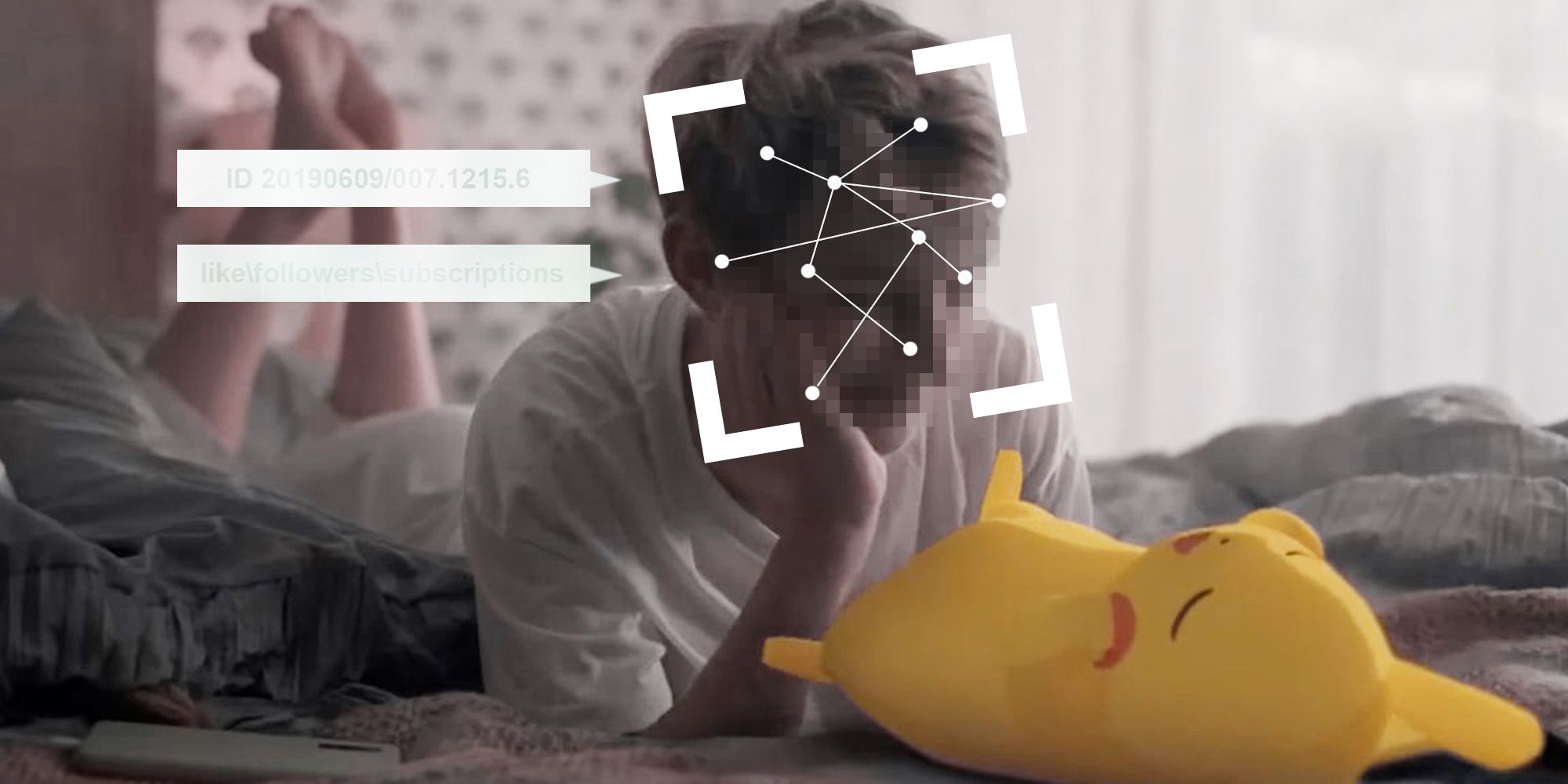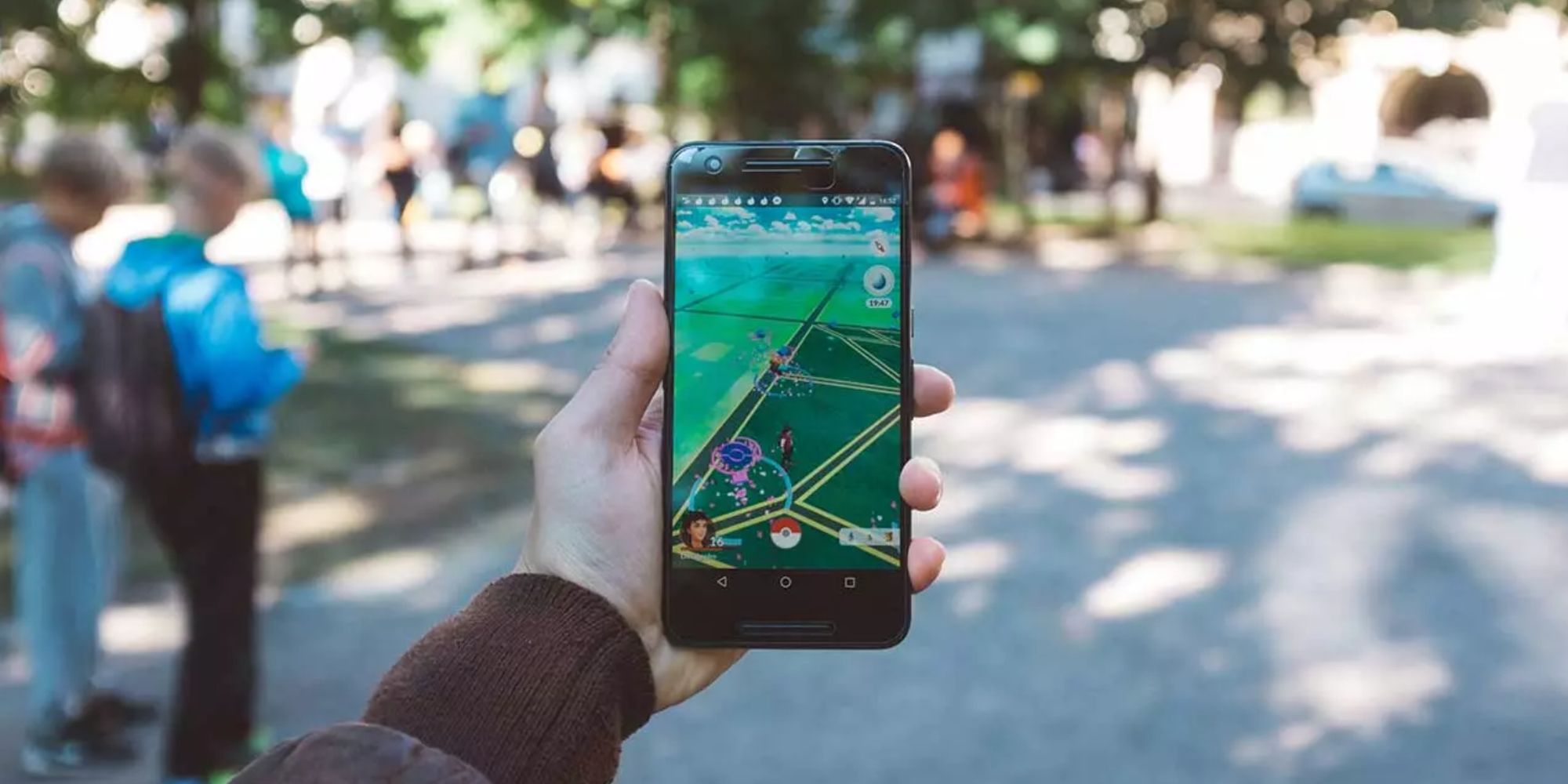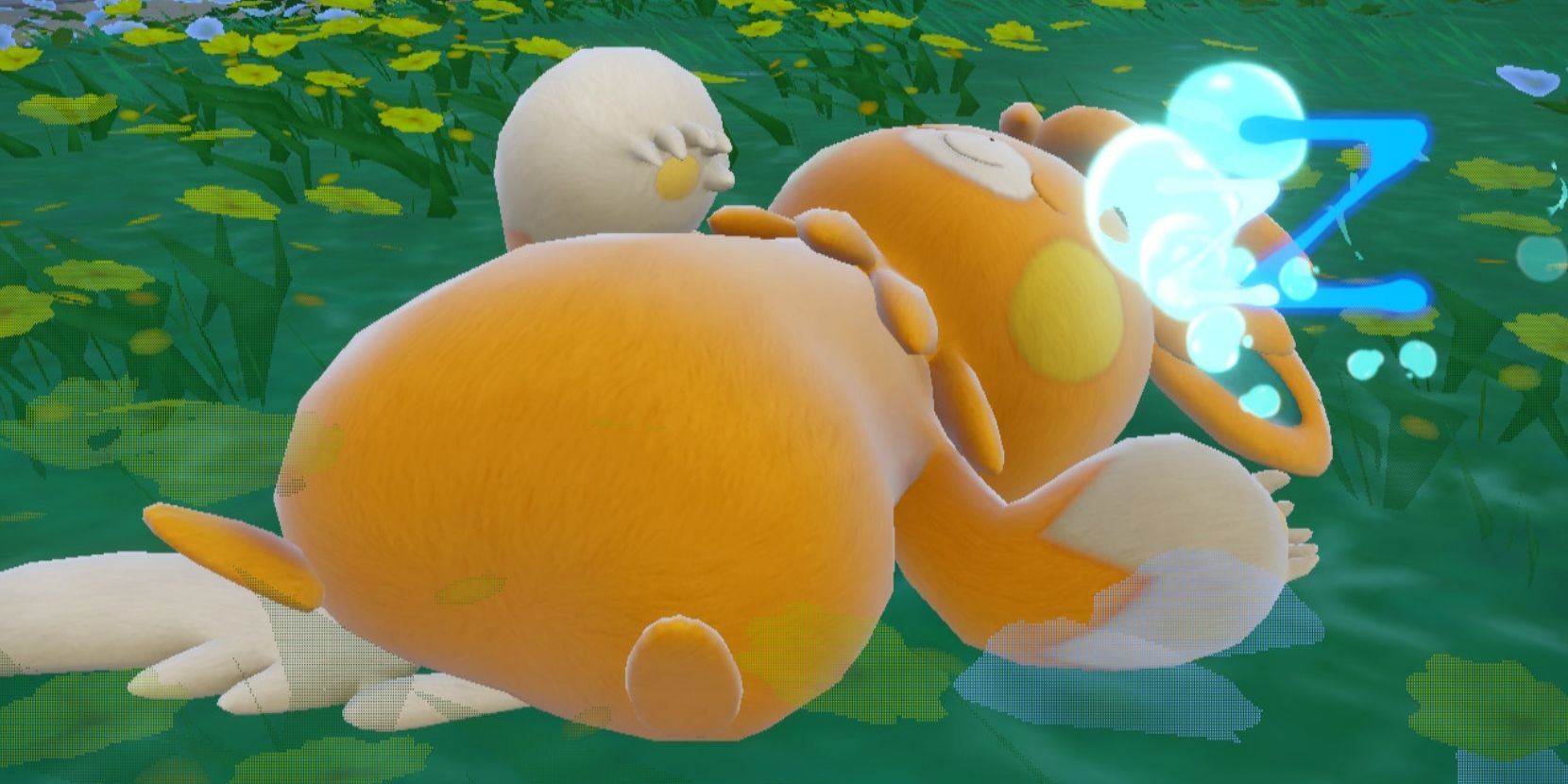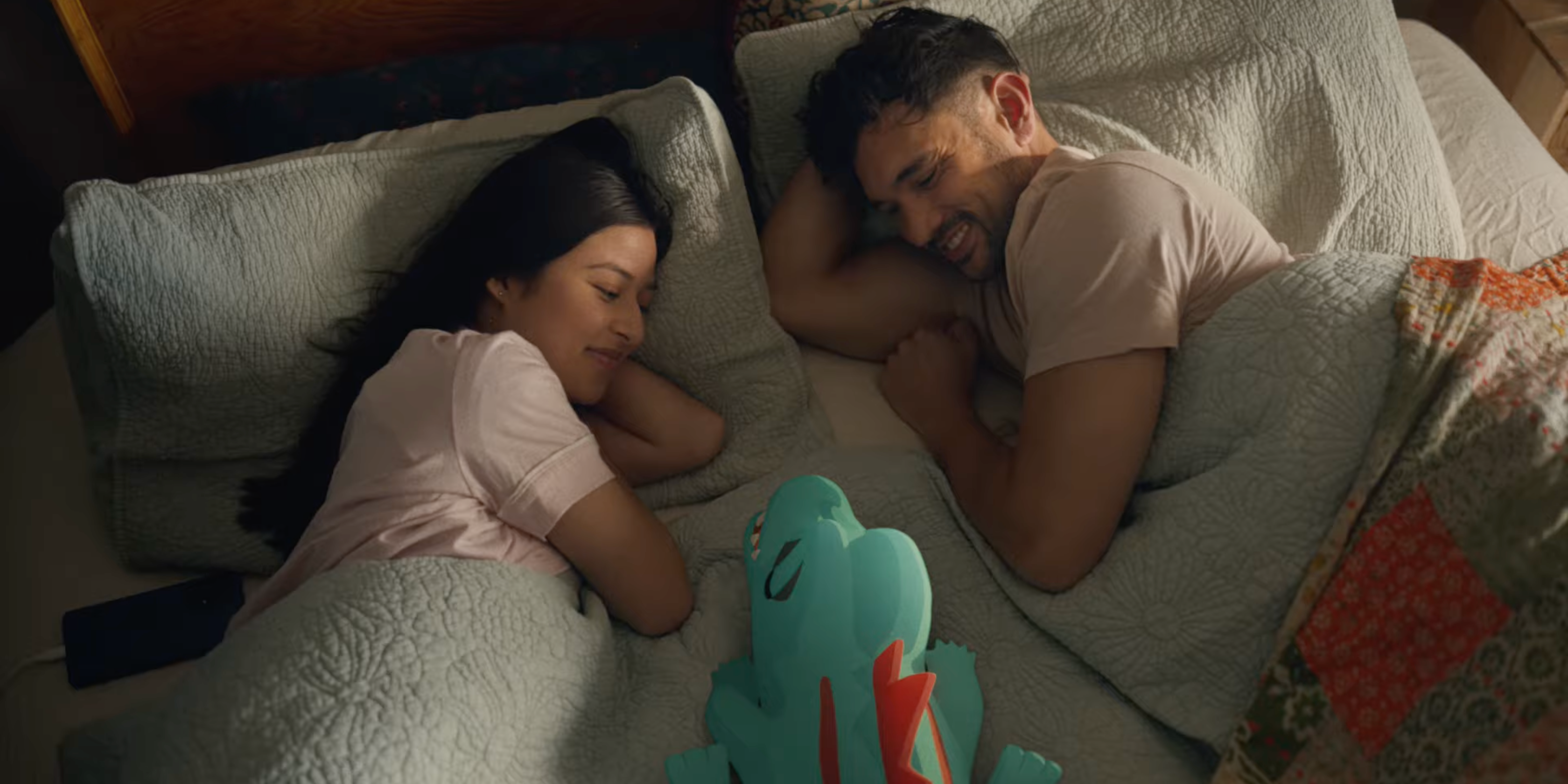Pokemon Sleep has just been re-revealed at yesterday’s Pokemon Presents after four years of radio silence, and to no one's surprise, it’s an app to monitor your sleep. There is, of course, a game aspect to it, otherwise what would the point be? In the game, you’re on an island with a Snorlax and a professor specialising in PokeNaps. To play, just go to sleep – the app captures, records and analyses your sleep patterns, and then categorises it to decide what kind of Pokemon you attract in the morning, and apparently there are more functions that use your sleep data coming.
Marketing for the app states that Pokemon Sleep is meant to ‘turn your sleep into entertainment’ so you can gamify getting up in the morning and going to bed at night. Waking up ‘becomes something to look forward to’. This is just part of a worrying trend of apps gamifying human existence.
Pokemon Go, of course, is a natural example of this. I, along with everybody else I know, dove hard into Pokemon Go during the pandemic, using it as an excuse to go outside in the sun and do some walking in my neighbourhood instead of curling up with my blanket and playing video games with my curtains drawn for 12 hours straight. Reviewers praised it as the sneakiest, most fun way of getting people to do some exercise, though it did cause at least one car accident in my own home country, Singapore.
I have no opposition to Pokemon Go, on principle. It’s fun, it gets people on their feet and outdoors. Exercise is good. I also have no opposition to taking sleep more seriously – as a person who lifts weights regularly for fun, I understand the importance of sleep and its role in how the body recovers and stays healthy. Sleep deprivation is linked to chronic mental and physical health issues. Better sleep is good.
However, I do have a bone to pick with gamification. I have Attention Deficit Disorder and have tried probably every free gamification tool out there. Elements of gamification are in lots of apps. If you have an Apple Watch, you can get badges and achievements for moving around, exercising and standing. Companies like Amazon use gamification to make its underpaid staff more productive at work. Duolingo turned learning a new language into a game.
The more I think about it, the more the idea of having to turn everything we do into something we can win rubs me the wrong way. It feels crass to reduce everything we do to using apps to maximise our productivity and hit arbitrary goals when the breadth of human existence is so expansive. There are so many hours in a life, so how many is acceptable to live in service of some gamified app? When we go on a walk, must we be concerned with hitting a specific number of steps when we could be looking at what’s around us? When we try to learn a new language, must it be in competition with others instead of learning for the sake of it? I see little point in turning everything in life into a series of goals when we can enjoy the experience for what it is instead. Not everything has to be a dopamine hit.
Concerns about gamification aside, what worries me most is how easily we are able to be convinced to give anybody data about ourselves for free. Pokemon Go tracks our location and players freely scan extensive photos of PokeStops for berries and Poke Balls, with no knowledge of how Niantic will use that data. Pokemon Sleep will store data on how we sleep, and when. Both are developed by Niantic, which was first formed under Google, a company notorious for collecting and monetising personal data. Initially, Pokemon Go requested full access to your Google account, including permission to read all your mail, send mail from your account and view everything in your Google Drive. This has since been fixed, but the game, at least for a while, knew who and where you were, and had footage of your surroundings – in fact, Pokemon Go still gets you to scan 360 degree videos of your local PokeStops, that may later be digitised by Niantic to create ‘new types of AR experiences’.
In a world where companies are gleefully using our data to sell us more things, maybe we should be reconsidering how willing we are to give Niantic our data in return for some animations of cute little Pokemon sleeping peacefully. I, for one, am wary of giving any company, especially a Google spin-off, even more data about me than they already have. I’ll sleep just fine without it, thanks.




